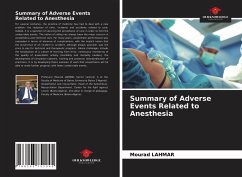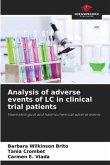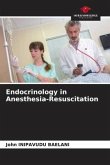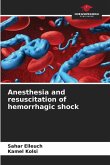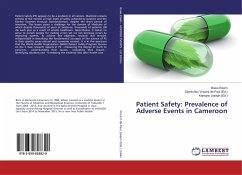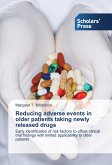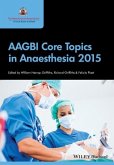For several centuries, the practice of medicine has had to deal with a new problem: the reduction of risks, incidents and accidents related to care. Indeed, it is a question of securing the procedures of care in order to limit the undesirable events. The notion of safety has always been the major concern in anaesthesia and intensive care. For many years, anaesthetic performance was evaluated in terms of absence of complications, with the implicit notion that the occurrence of an incident or accident, although always possible, was the price to pay for technical and therapeutic progress. Future challenges include the introduction of a culture of learning from error, continuous monitoring of the quality of anaesthetic activity (morbidity and mortality studies), the development of simulation systems, training and protocols (standardisation of practices). It is by developing these avenues of work that anaesthesia will be able to make further progress with fewer undesirable events.

